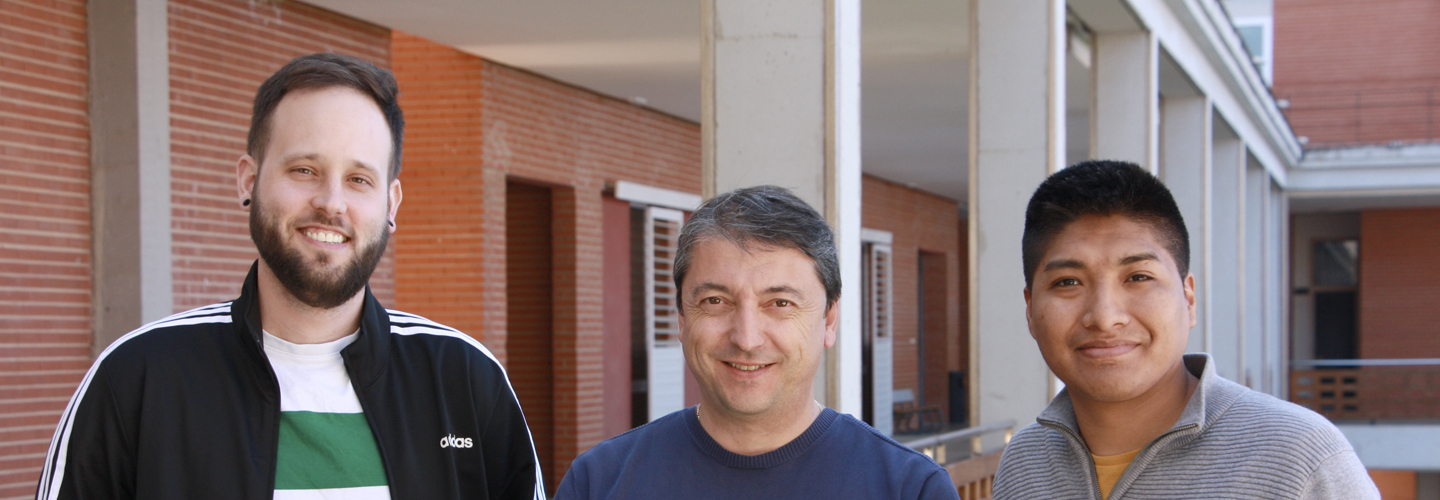Medical personnel from the Rehabilitation Department of the Francesc de Borja Hospital and researcher form Campus Gandia of the Universitat Politècnica de Valencia (UPV) are working on a computer project to conduct an objective assessment that more accurately diagnoses asymmetrical facial movement patterns (synkinesis) resulting from paralysis.
The purpose of this system, which is based on the use of new information and communication technology and artificial vision techniques, is to conduct a measurable objective assessment of the facial features and asymmetries during paralysis and monitor its progress with precision.
Parafacial System
In addition, it provides a computer tool that automates the programming and monitoring of rehabilitation exercises by the patient, both in the hospital and at home.
To do this, computer devices are used to guide each patient in a user-friendly and controlled way as they do the exercises (even checking and recording whether the exercises are being done properly), instead of paper-based exercise sheets.
The applications will automatically save the exercise data in a database for subsequent analysis by the medical professional, as well as to analyze the patient’s progress throughout the treatment. With this, the project will also improve the efficacy of botulinum toxin infiltration in the treatment of synkinesis.
This is one of projects selected by the Polisabio partnership program and developed by the Fisabio Foundation and the UPV. The objective of this program is to connect healthcare professionals with academic researchers to undertake innovation projects such as this, which already has 3,000 euros of funding for preparatory actions.
Taking part in the project are Rosa Muñoz, Modesto Alcañiz, Blanca Zafrilla, Reyes Bononad and Miguel Salmerón, from the Rehabilitation Department of the Hospital de Gandia; Ana Coloma, from the Rehabilitation Department of the Requena Hospital, and Fernando Boronat and Carlos Palau, researchers from the UPV Gandia and Valencia Campuses, respectively.
Rosa Muñoz, Modesto Alcañiz and Blanca Zafrilla
OBJECTIVE ASSESSMENT
The system proposes an improved and more innovative approach to an objective assessment in the consultation itself, or even in the patient’s own home, which helps the doctor design a therapeutic program through personalized exercises, and to also control and treat possible complications that may arise.
Thus, this system will allow for accurate and objective automatic measurement; an analysis of progress; the possibility of prescribing more personalized treatments, optimizing resources, and a user-friendly graphic application with an easy-to-use and intuitive interface, so that even unqualified personnel can perform the assessment, increasing its generalized use and reducing its cost.
The system will make it possible to reduce the number of patient visits to the doctor and physiotherapy sessions in the hospital, as well as facilitate at-home compliance with the prescribed personalized therapeutic plan.
It will also permit more precise infiltration of botulinum toxin, with better-adjusted doses that will improve the therapeutic outcomes and decrease the number of re-infiltrations, with the subsequent savings in treatment costs, with regards to pharmaceutical expenditure.
